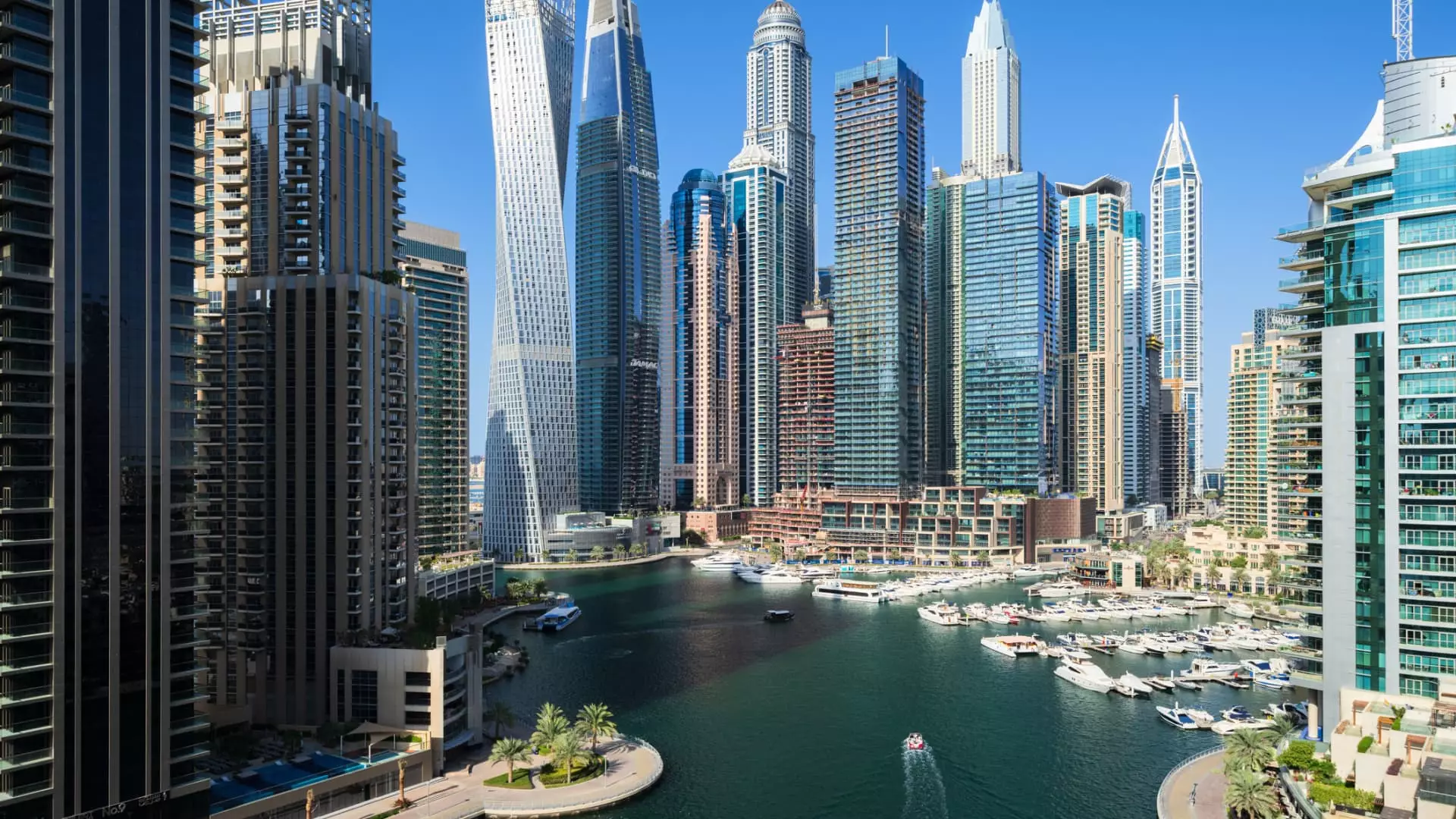Dubai’s property market is currently experiencing a significant upturn in both sales figures and property values, with 2024 poised to set a new record for the city. Local real estate firms are reporting a surge in demand, particularly in the luxury segment, leading to an across-the-board increase in prices. This spike in demand comes at a time when the United Arab Emirates is expected to maintain its status as the top wealth magnet globally for the third consecutive year.
Hussain Sajwani, the chairman of Dubai property giant Damac, has expressed both optimism and caution regarding the current state of the city’s property market. While acknowledging the positive aspects of a booming real estate sector, Sajwani has also voiced concerns about the growing cost of living in Dubai. He points to the influx of talented individuals and the subsequent surge in demand as factors contributing to the rising prices in the city. Sajwani specifically highlights the challenges faced by residents, such as difficulties in securing school placements and the overall high cost of living. Despite these concerns, Sajwani remains hopeful that the government will find solutions to mitigate the impact of rising prices and inflation in Dubai.
Recent data from the Dubai property market indicates a sharp increase in property sales, reflecting the growing demand in the city. In July 2024 alone, property transactions amounted to 49.6 billion dirhams ($13.5 billion), marking a 31.63% increase from the same period in 2023. The first half of 2024 witnessed over 43,000 property transactions valued at approximately AED122.9 billion, signifying a 30% year-on-year growth. The rapid absorption of new inventory has been cited as a key driver of this growth, with around 80% of units launched since 2022 already being sold. The favorable market conditions are attributed to strong demand, particularly from European investors, who view Dubai as an attractive investment destination.
The Covid-19 pandemic has had a profound impact on the global real estate landscape, and Dubai is no exception. Sajwani notes that the pandemic period actually bolstered Dubai’s appeal as a place to live, attracting new residents and businesses with initiatives such as visas for remote workers and entrepreneurs. Despite the challenges faced by the property market during the pandemic, Dubai has emerged as a global city that continues to attract talent and investment from around the world. Sajwani remains optimistic about the city’s growth trajectory, citing its resilience and ability to adapt to changing circumstances.
Dubai has experienced volatile boom-and-bust cycles in the past, notably during the 2008-2009 crisis when the property market crashed, leading to widespread defaults by investors. Sajwani, however, expresses confidence in the present regulatory framework, which he believes has contributed to the market’s stability. The stringent regulations implemented by the Dubai government post-2009 crisis have been instrumental in safeguarding the interests of developers, customers, and ensuring proper zoning practices. Sajwani emphasizes the importance of these regulations in maintaining market stability and preventing speculative behavior that could lead to another crisis.

